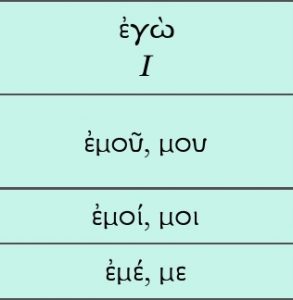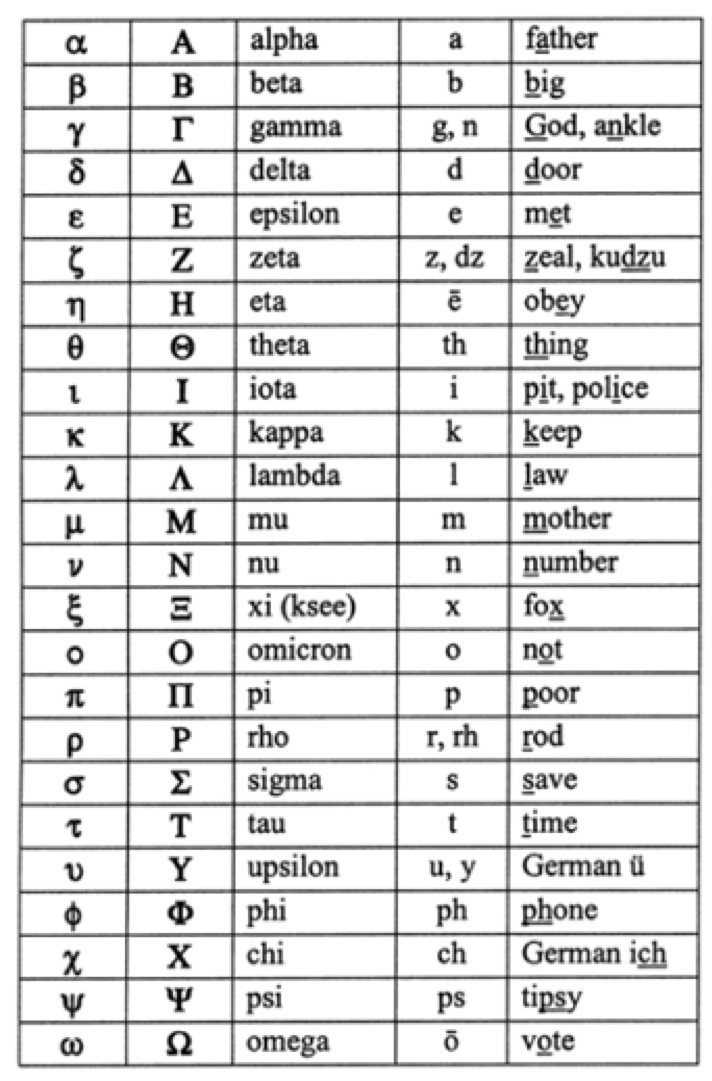97 Workshop Nine: Sappho’s Poetry
WORKSHOP LENGTH: 85 minutes
Start Time: _______ End Time: __________
1. General Instructions & Checking-In (10 minutes)
For this workshop, you’ll be organized in a Zoom Breakout Room with a group of approximately four students. Once you have landed in your Breakout Room, please begin by reading over the workshop and checking-in with one another. Please select a facilitator/time-keeper and a scribe, who will be especially prepared to report out the group’s findings. Please also take notes for yourself, even if you are not the official scribe, and call the faculty in for support or guidance as needed.
2. (15 minutes) Shifting from Homeric Poetry to Sappho, we also move from epic and pan-hellenic poetry sung to commemorate events in the mytho-poetic past to songs that seem to resonate with the poet’s here and now, their own present, lived experience. Sappho’s poetry is famous for its subjectivity.
This poetry emphasizes the “me.” In Greek, the word for “me” declines, somewhat as it does in English. In English, if I am the subject of the sentence, then “I” appears, whereas if something is happening to me, and so I am the object of the action, then proper syntax calls for “me.” The Greek word(s) for “me” undergo similar changes. If I am the subject then, in Greek, “I” appears as “ἐγώ” (egō).
In the oblique cases, there are two possible forms for each (one begins with a mu, the other with an epsilon). For the possessive function, Greek uses the genitive case “μοῦ” (mou) or “ἐμοῦ” (emou) as the equivalent of the English “of me” or “mine;” for the indirect object, the dative case “μοῖ” (moi) or “ἐμοῖ” (emoi) in Greek translates as “to / for me;” and for the direct object, Greek uses the accusative case, “μέ” (me) or “ἐμέ” (eme) — the equivalent of English “me.”
begins with a mu, the other with an epsilon). For the possessive function, Greek uses the genitive case “μοῦ” (mou) or “ἐμοῦ” (emou) as the equivalent of the English “of me” or “mine;” for the indirect object, the dative case “μοῖ” (moi) or “ἐμοῖ” (emoi) in Greek translates as “to / for me;” and for the direct object, Greek uses the accusative case, “μέ” (me) or “ἐμέ” (eme) — the equivalent of English “me.”
Working together with your group, find and list at least five uses of the first person in Sappho’s poetry. How does the personal, subjective, feel of these poems differ from the affective quality of Homer’s Iliad and Odyssey and the Hymn to Demeter?
3. (15 minutes) Working individually for a few minutes, go through the collection (and your notes) to recall at least three themes that you perceive in Sappho’s corpus. Reconvene and discuss what each of you found. As a group, narrow your list to 2-3 recurrent, significant themes and note the poems that illustrate your observations. Each group’s scribe will report back what you’ve perceived to be the central themes of Sappho’s poetry and we will all look at the specific examples you’ve noted. Note also any questions that come up for you in this discussion.
4. (25 minutes — [10-min independent work plus a 15-min break]) Please work individually for 10 minutes to select one (long) or several (shorter) fragment of Sappho that you found especially moving (provocative, strange, beautiful, significant, etc.). Read the fragment(s) carefully, thinking about its/their affective quality. Write a brief commentary to your selected fragments, dwelling on individual words and phrases. Note any questions that you have. Next, still working independently, ask yourself: How would you perform the poetry you’ve selected out-loud, in a way that best showcases its fragmentary state, mood, and feeling? Make performance notes to yourself. Now take a 15-minute break.
5. (20 minutes) Reconvene with your small group. In turn, read/recite each of your selections aloud to the group. After each individual has presented their lines, discuss the fragments that have been put forward and select several to perform, as a group, for the reconvened class. After you have chosen your fragments, consider their mood, affect, and significance, their physicality, materiality, and sensory emphases. Work together to design a performative recitation of the fragment, in which all members of the group will participate. Practice your performance before returning to the reconvened seminar.
Reconvene in the main Zoom Room for a 10-minute break followed by discussion & performances.

